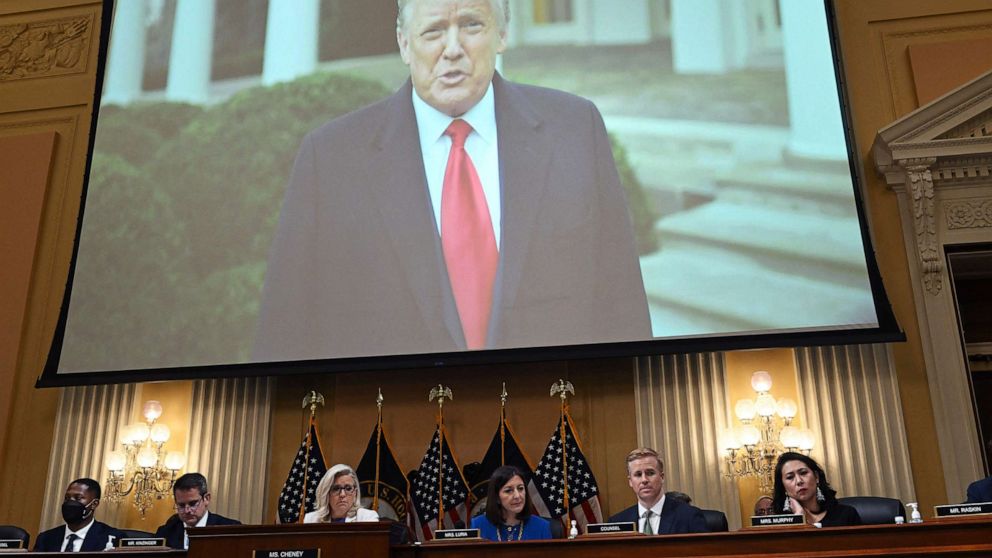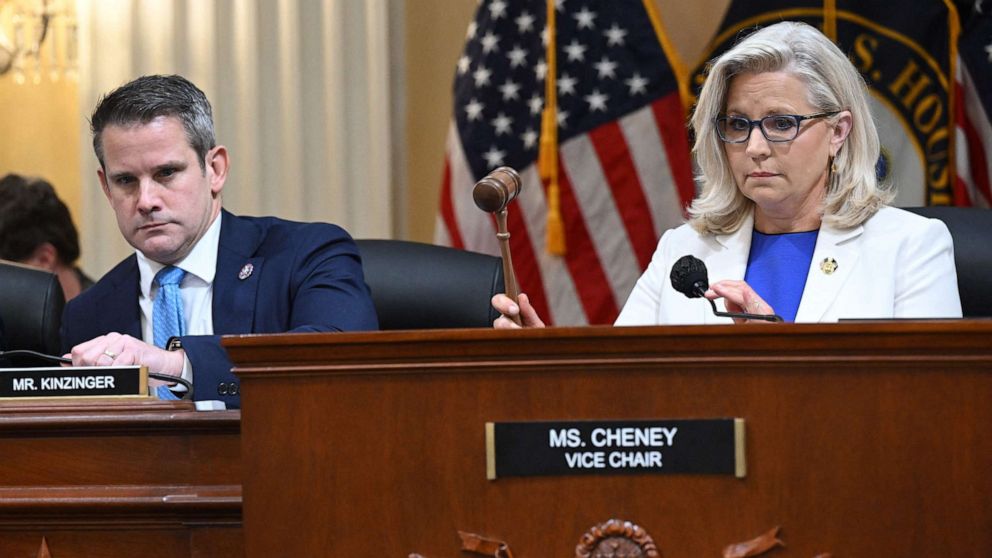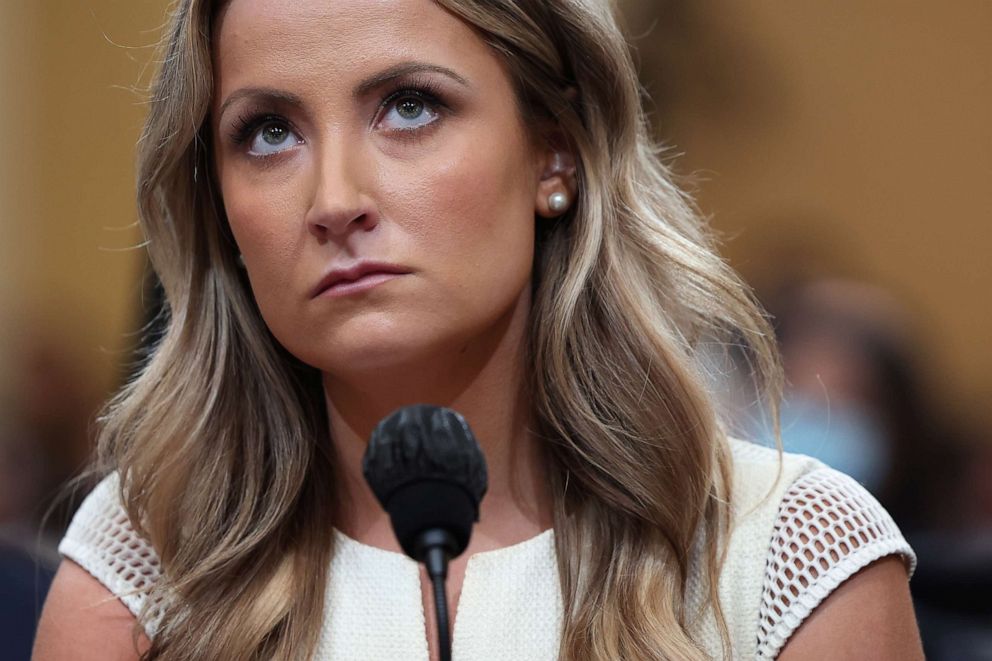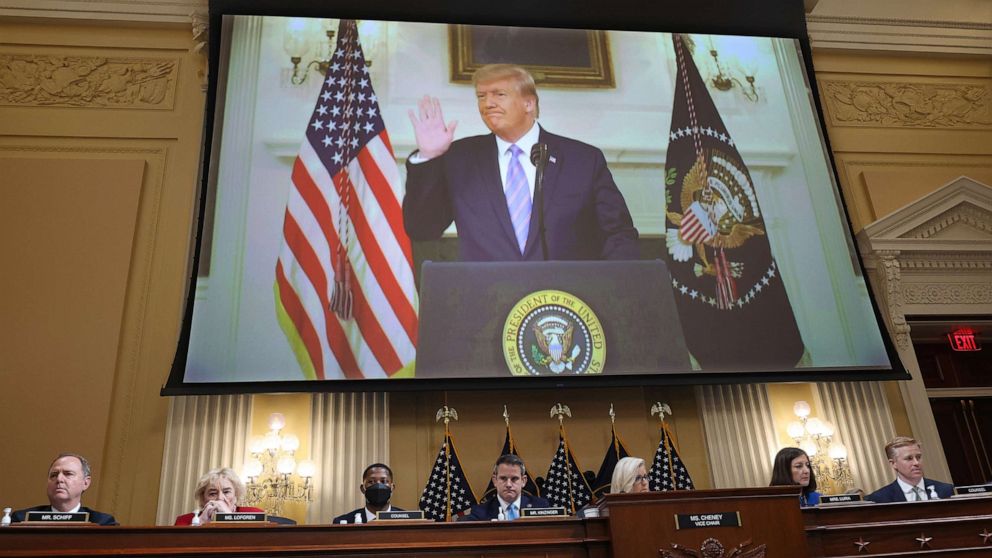
The House Jan. 6 committee's second prime-time hearing focused on what it said was then-President Donald Trump's "187 minutes" of inaction -- from the time he left the rally at the Ellipse, to then watching the attack on the U.S. Capitol on TV at the White House until he finally called on his violent supporters to go home.


